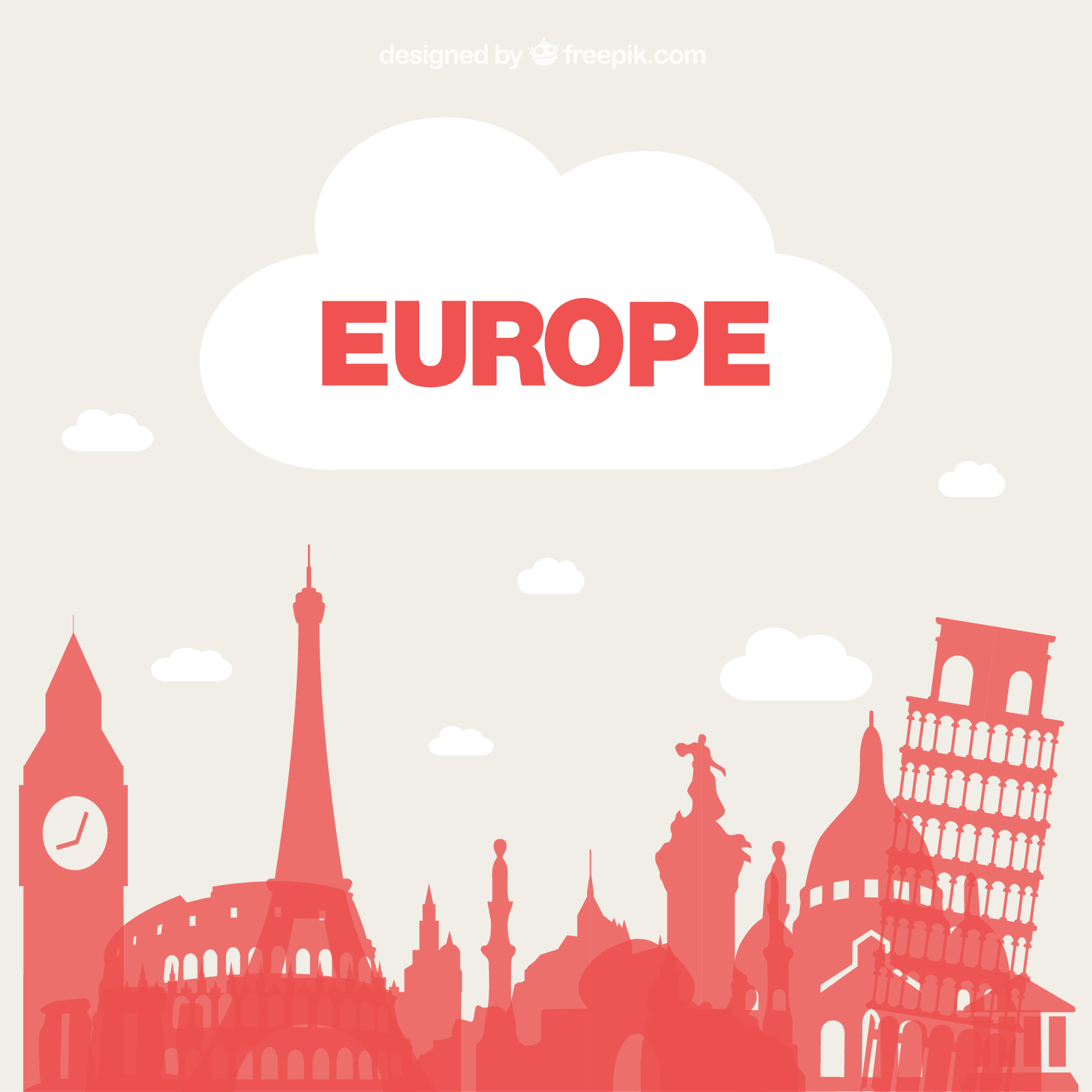When looking for a new job, there are many factors to consider, not the least of which are the benefits available to you as a valued employee. So, how does the United Kingdom compare to other European countries? Let’s see the employee benefits in Europe.
Observed holidays
Who doesn’t fantasize about a four-day workweek and an impending bank holiday? In March, April, May, and August, Brits gain more days off as summer approaches. The United Kingdom has six bank holidays and two public holidays per year, which it shares with the Netherlands and Hungary. You may think that’s impressive, but a look at European counterparts may have you sobbing into your bank holiday picnic.
The Finns get an enviable 15 days off every year, whereas Spain has 14 days off per year and France and Sweden both have 11 public holidays. Employees in Colombia and India have the most public holidays in the world, with an astonishing 18 days. Thailand, Japan, and South Korea will have an additional 16 days off. Consider how much free time you could be spending somewhere if you didn’t have to work. It could be time to start looking for work in another country.
Working Hours
Workplace culture and trends are evolving – slowly. While many firms insist on employees reporting to work by 9 a.m., others are starting to see the benefits of flexible working hours. Flexible working hours not only benefit workers’ mental health and well-being but can also boost goodwill and engagement among current employees.
Did you know that after working for a company for more than 26 weeks, you have the right to request flexible working hours? This is a little-known fact that many companies fail to mention when advertising a job, so it’s always worth double-checking a company’s policy when you’re approached with a job offer. The average full-time working week in the United Kingdom is 33 hours.
Employee benefits in Europe
Paid annual leave
Richard Branson, the billionaire, declared in 2014 that Virgin would no longer have an annual leave policy, allowing employees at the company’s headquarters to take as much vacation time as they wanted. People couldn’t believe what they were hearing and wondered if it was just another publicity gimmick by the media magnate. But how many of you instantly began looking for Virgin job openings while daydreaming about far-flung destinations? Either he was employing reverse psychology – give them the option of taking more time off and they won’t out of guilt – or he was on to something.
The majority of full-time workers in the UK are entitled to 5.6 weeks (28 days) of paid annual leave as part of their employment contract, second only to France, which provides 30 days a year. Workers in Switzerland, Germany, Greece, Italy, and Ireland have only 20 days off each year, but with more public and bank holidays, they get more days off total than Brits. It may sound incredible, but the United States is the only advanced economy in the world that does not provide paid annual leave to its workers, earning it an image as a country with a poor work-life balance.
Netflix, LinkedIn, and Eventbrite are among the companies that have jumped on the holiday bandwagon. Employees can take as long off as they like. Airbnb takes a step further by providing staff with a £1,500 travel stipend so they can get out and explore the world – it might be time to look for a new career.
Responding to the different values and requirements of the workforce
“Employers are becoming more cognizant of the importance of responding to a diverse workforce.” Workers’ benefit needs can be influenced by a variety of factors like age, culture, and family. Employers can obtain greater value from their benefits and ensure their employees are engaged with the perks they receive by taking some time to understand and focus on the varied demographics of a firm, according to Ms. Honess.
Employers across Europe are adapting their benefits to meet the diverse requirements and values of their workers, according to the poll. While the most prevalent employer-provided benefits differ by country, insurances, pension savings plans, staff training, automobiles, and food vouchers are among the most frequent.
Flexible benefits have a global scope
While just a small percentage of multinational respondents indicate they have a global employee choice plan in place, nearly a third of those don’t say they’re seriously exploring it. The percentage of multinational respondents who say their company isn’t ready for a worldwide strategy has dropped from 35% to 20%.
“When dealing with variances in customs, tax rules, and other legislative variables, harmonizing and standardizing flexible benefits abroad can be a difficulty,” Ms. Honess explains. “However, once in place, a global approach can help with employee engagement and benefits alignment, and in an era when the global workforce is so fluid, an international flexible benefits scheme can reinforce multinationals in the global competition for talent.”
